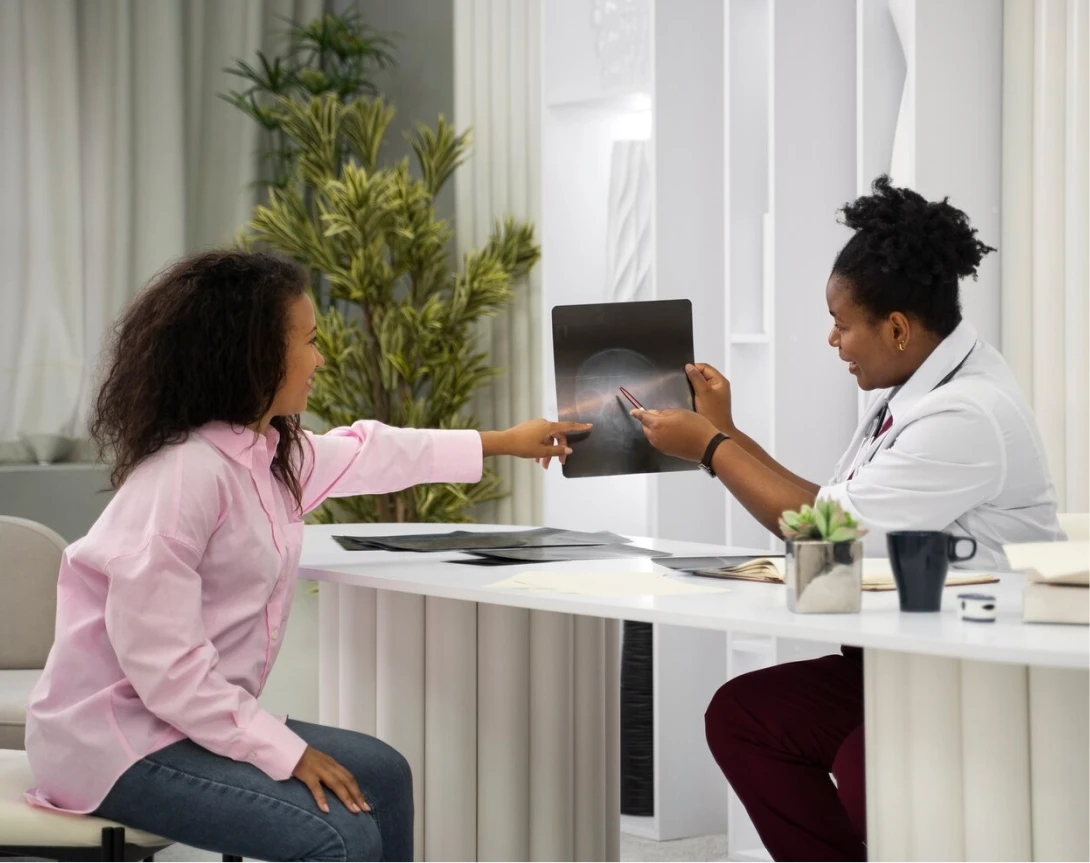What is Neuroregenesis?
Neuroregenesis refers to the process of regenerating or repairing damaged or lost neurons (nerve cells) in the brain or nervous system. This concept involves the brain’s ability to create new neurons, repair existing neural circuits, or re-establish neural connections lost due to injury, disease, or ageing.
Neuroregenesis is primarily linked to the phenomenon of neuroplasticity and neurogenesis - two related but distinct processes that allow the brain to adapt and heal.

The Role of Neuroregenesis in Disease and Injury
In conditions like Parkinson’s disease, where dopamine-producing neurons degenerate, or in multiple sclerosis, where nerve fibres lose their protective myelin sheath, neuroregenesis could play a critical role in repairing damaged neurons and restoring function. In neuroregenesis, the goal is not only the production of new neurons but also the repair or regrowth of neural tissues damaged by trauma (such as spinal cord injuries), strokes, or neurodegenerative conditions (e.g., Alzheimer’s or Parkinson’s diseases).
In cases of brain injury or stroke, therapies that stimulate neuroregenesis may help patients regain lost cognitive or motor functions by promoting the repair of damaged neurons and restoring neural circuits.
How to Promote Neuroregenesis

What is Advanced Integrative Neurology?
Advanced Integrative Neurology is a holistic approach to diagnosing and treating neurological disorders. It combines traditional neurology with complementary and alternative therapies. The goal is to address not just the physical symptoms of neurological diseases but also the underlying factors that contribute to a patient’s overall health and well-being.
This approach integrates conventional medical practices with other therapeutic modalities, such as nutrition, lifestyle changes, and mind-body therapies, to promote healing and improve quality of life.
Key Features of Advanced Integrative Neurology
Neurological conditions we have an interest in:
Chronic Fatigue Syndrome
Traumatic Brain Injuries (TBI)
Epilepsy
Peripheral Neuropathy
Autism Spectrum Disorders
Chronic Headaches and Migraines
Neurodegenerative Diseases: Alzheimer’s disease, Parkinson’s disease, multiple sclerosis (MS)
Depression and Anxiety with Neurological Underpinnings

What to Expect
Our integrative approach combines modern medicine and complementary practices to optimise neurological function, reduce symptoms, and enhance quality of life.

 Stem Cell Research and Therapies
Stem Cell Research and Therapies Personalised Care
Personalised Care